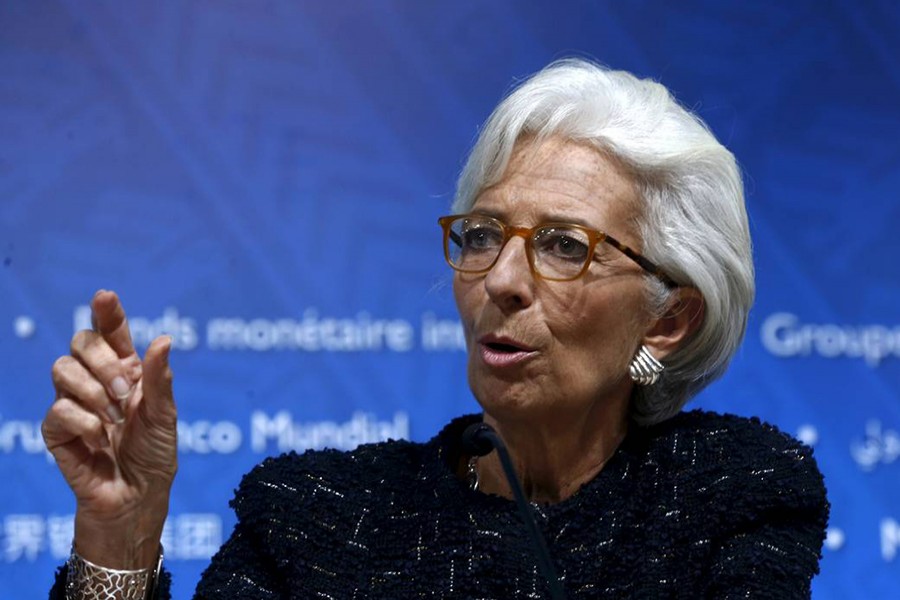International Monetary Fund (IMF) chief Christine Lagarde has said that there is "an urgent need" to de-escalate trade tensions, reverse recent tariff increases, and modernise the rules-based multilateral trade system.
In a statement on Saturday issued at the conclusion of the Group of 20 (G20) Summit in Buenos Aires , Argentina, Lagarde reiterated her staunch opposition to trade barriers, noting that the choice is "especially stark" regarding trade.
The IMF estimate that, if recently raised and threatened tariffs were to remain in place and announced tariffs were implemented, about 0.75 per cent of global gross domestic product (GDP) could be lost by 2020. If, instead, trade restrictions in services were reduced by 15 per cent, global GDP could be higher by 0.5 per cent.
"Pressures on emerging markets have been rising and trade tensions have begun to have a negative impact, increasing downside risks," said the IMF managing director.
"The choice is clear," Lagarde said. "Fix trade -- this is priority No. 1 to boost growth and jobs."
Besides trade tensions, the IMF chief also highlighted another "urgent issue" -- the excessive level of global debt, about 182 trillion dollars by estimate of the multilateral lender.
"It is important, particularly for highly indebted emerging-market and low-income countries, to rebuild buffers and reverse procyclical fiscal policies," Lagarde said, adding that increasing debt transparency is as important as supporting debt sustainability.
The IMF chief pointed out that global growth, though remains strong, is moderating and becoming more uneven.
She also suggested G20 members, who represent some 85 per cent of the global GDP, to continue to normalise monetary policy in a "well-communicated, gradual, data-driven manner," use micro- and macro- prudential tools to address financial risks, among other measures.


